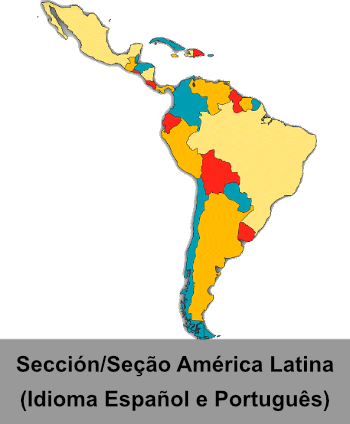At 6.30 p.m. on Thursday 13 March 2025 a major oil spill occurred following a landslide which ruptured Petroecuador’s Trans-Ecuadorian Oil Pipeline System (SOTE) in Quinindé, Esmeraldas Province, on the border with Colombia. Petroecuador EP activated its Contingency Plan with operational personnel from the Heavy Crude Oil Pipeline and the Army Corps of Engineers, but they were unable to prevent the spill from reaching the Esmeraldas River.
In view of this situation, the Emergency Operations Committee (COE) of the province decreed a State of Environmental Emergency, due to the severe effects on the water sources of the populations along the river and the environmental impacts of more than 80 km along its course and banks (cantons of Quinindé and Esmeraldas with contaminated sectors in Cube, Viche, Majua, Chinca, San Mateo and Tachina).
Contamination has been confirmed in the channels of the Manglares Estuario Río Esmeraldas Wildlife Refuge, with impacts on native flora and fauna.
The Government of Ecuador has set up a special resource fund to support response efforts and compensate affected populations. The main beaches of Esmeraldas, such as Las Palmas, Camarones and Las Piedras, located on the Pacific coast, were temporarily closed.
The Ministry of Environment, Water and Ecological Transition (https://www.ambiente.gob.ec/), is responsible for coordinating response actions, supervising the implementation of contingency measures, cleaning of affected areas by the company responsible and other actions to prevent the spread of contamination in water bodies, and subsequently verifying the quality of the soil in the affected areas for restoration and repair measures. It is also responsible for monitoring water quality in the affected areas and ensuring the supply of drinking water to the affected communities for the duration of the emergency. The Ministry of Foreign Affairs and Human Mobility proceeded to notify Colombia of the environmental event and the possibility of transboundary impacts, and is managing humanitarian assistance and international support.
Below are links to government and local press information sites; many of these links have a built-in translation facility to English.
Note that a comprehensive description in Spanish and Portuguese is given in the Latin American section of the ISCO website.
Our thanks to Carlos Sagrera, ISCO representative in Latin America for this article
https://www.primicias.ec/sociedad/derrame-petroleo-esmeraldas-crudo-emergencia-ambiental-91904





